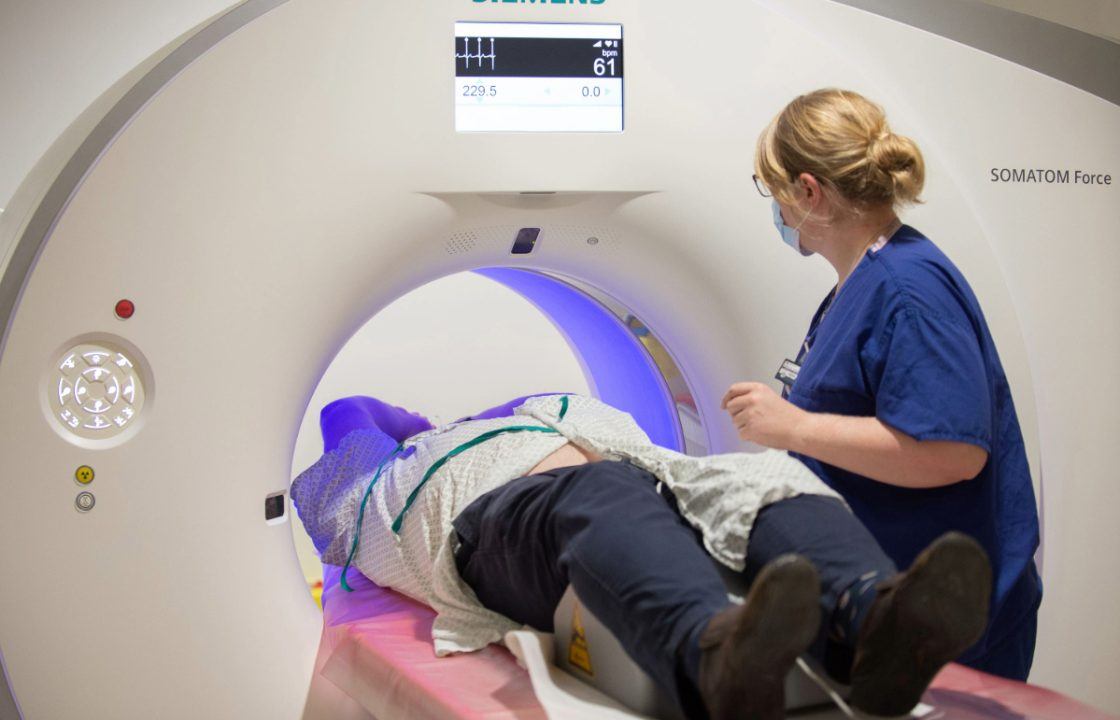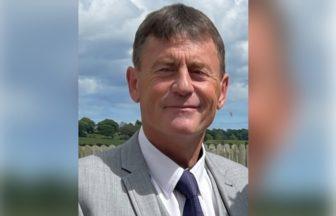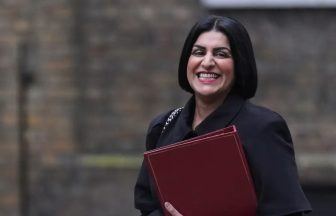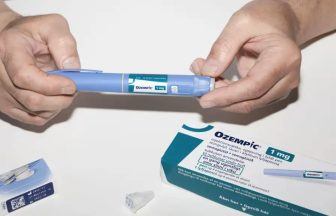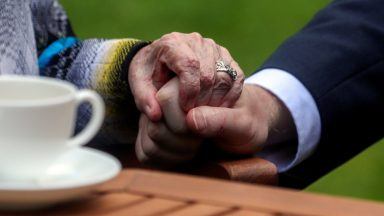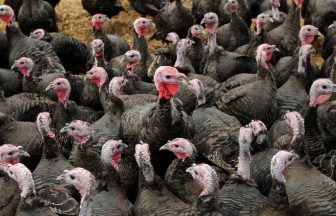Cancer care in Scotland is “going badly wrong”, MSPs have been told, as a leading surgeon warned the NHS is only “starting to see the tip of the iceberg” in terms of patients who went undiagnosed during the Covid pandemic.
Professor Farhat Din said there could be a “huge backlog” of unmet need.
Speaking to Holyrood’s Health Committee, Prof Din, a Cancer Research UK clinician scientist and honorary consultant colorectal surgeon, said: “We don’t have enough staff to see patients in secondary care, in terms of the demand from referrals from primary care. That’s a very straightforward fact.
“We know that patients are waiting longer for their investigations and indeed longer for access to surgery.”
The most recent cancer waiting time figures showed that in the last three months of 2023, 71.1% of patients started receiving treatment within the target time.
The Scottish Government’s target is for 95% of people to start treatment within 62 days of first being referred when cancer is suspected.
Peter Hastie, the policy and public affairs manager for Scotland at Macmillan Cancer Support, said that target has not been met since 2012.
He told the committee: “The existing cancer waiting times target has not been hit with cancer for 12 years, that is really, really difficult for cancer patients.”
Saying performance against the 62-day target has been “getting worse every year”, Mr Hastie added: “I think it is a really strong indicator something is going badly wrong in cancer services.
“I think it is important we do hold the Government to account on the cancer waiting times standard.”
He complained of a lack of workforce planning to deal with the growth in cancer cases that is expected as a result of Scotland’s increasingly elderly population.
Mr Hastie said: “By and large, as we understand cancer, mostly it is a disease of ageing.
“We have known about this ageing population for an incredibly long time, and we have simply not put in the workforce planning for that.”
Prof Din, who is also a council member of the Royal College of Surgeons of Edinburgh, spoke about the impact of the Covid pandemic on cancer services.
While she said the “bulk of cancer surgery did in fact take place” despite the “adverse conditions”, she added there were a number of patients who did not come forward until after the crisis.
The surgeon warned: “I think we are only starting to see the tip of the iceberg in terms of patients who have not come forward.
“Coupled with that a pause in screening, a pause in pretty much all diagnostics, there is a huge backlog and we won’t really know what the magnitude of the unmet need is.
“You have the older generation who typically don’t want to make a fuss about troubling anybody, or troubling the doctors.
“Equally you have in areas of lower socioeconomic wealth, the magnitude of impact there is much greater.
“So we will see a worse divide in health inequalities.”
She spoke about the impact on patients of waiting, either for diagnostic tests or for treatment when cancer is confirmed, saying this could impact on both their physical and mental health.
Prof Din said: “Anybody that has a cancer wants it treated or operated on the next day, that is just us as humans.
“I think the uncharted impact on mental health for patients, and indeed their families and indeed for clinicians, is really huge.
“What we also have as patients wait longer, they are potentially more deconditioned, more frail, which makes the risk of any treatment, whether it is a surgery or indeed chemotherapy, potentially more risky with more complications.
“The impact of increased waiting times, I think, is really not to be underestimated at many different levels.”
She said there is a need to “think innovatively” to tackle the growing number of cancer patients.
The surgeon said: “We can’t treat our way out of cancer, we know that there will be an increase in cancer patients because of an ageing population by around 30% in about 15 years.
“So we have to think innovatively. On order to do that the investment has to go into research and evidence-based driven initiatives to try to improve cancer outcomes.”
Follow STV News on WhatsApp
Scan the QR code on your mobile device for all the latest news from around the country


